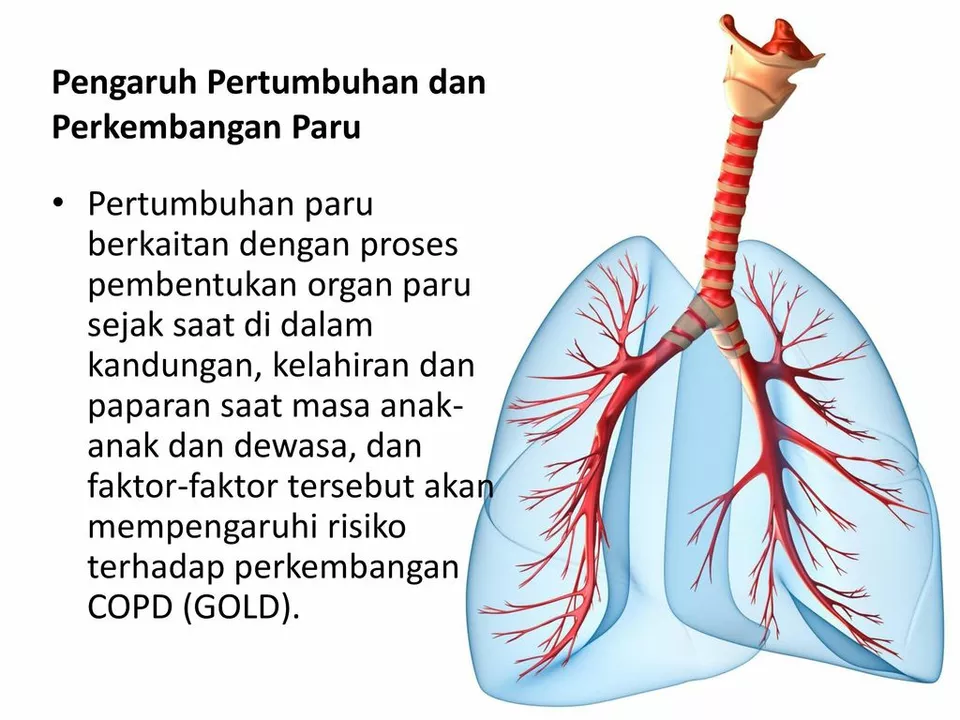Understanding Chronic Obstructive Pulmonary Disease (COPD) and Gastroesophageal Reflux Disease (GERD)
As someone who has experienced the symptoms of both Chronic Obstructive Pulmonary Disease (COPD) and Gastroesophageal Reflux Disease (GERD), I can attest to the fact that these two conditions can significantly impact one's quality of life. In this article, we will dive into the connection between COPD and GERD, exploring how these two conditions can exacerbate one another and what you can do to manage their symptoms more effectively.
What is COPD and its Symptoms?
Chronic Obstructive Pulmonary Disease, or COPD, is a progressive lung disease characterized by difficulty breathing and the gradual loss of lung function over time. The most common symptoms of COPD include shortness of breath, chronic coughing with mucus, wheezing, and chest tightness. These symptoms can often worsen during flare-ups, which may be triggered by various factors, such as respiratory infections or exposure to air pollutants.
What is GERD and its Symptoms?
Gastroesophageal Reflux Disease, or GERD, is a digestive disorder that occurs when stomach acid or bile flows back into the esophagus, causing irritation and inflammation. This can lead to a variety of symptoms, including heartburn, regurgitation, difficulty swallowing, and chest pain. In some cases, GERD can also cause chronic coughing, hoarseness, and even asthma-like symptoms due to the irritation of the airways.
The Connection Between COPD and GERD
There is a growing body of evidence suggesting that COPD and GERD are connected, with studies showing that individuals with COPD are more likely to suffer from GERD than the general population. This connection may be due to a number of factors, including the physical changes that occur in the body as a result of COPD, as well as the medications commonly prescribed to manage COPD symptoms.
How GERD Can Worsen COPD Symptoms
One of the main ways that GERD can exacerbate COPD symptoms is by causing chronic coughing, which can lead to increased airway inflammation and irritation. This can make it even more difficult for individuals with COPD to breathe and may even trigger a COPD exacerbation. Additionally, GERD can cause aspiration of stomach contents into the lungs, leading to further inflammation and potential lung infections.
How COPD Can Worsen GERD Symptoms
On the flip side, COPD can also contribute to the worsening of GERD symptoms. The chronic coughing associated with COPD can put increased pressure on the lower esophageal sphincter (LES), the muscle that acts as a barrier between the stomach and esophagus. This pressure can cause the LES to weaken, allowing stomach acid to reflux into the esophagus and cause the symptoms of GERD.
Managing GERD and COPD Together
Given the connection between GERD and COPD, it is essential to manage both conditions effectively to maintain a good quality of life. This may involve making lifestyle changes, such as quitting smoking, maintaining a healthy weight, and avoiding foods that trigger GERD symptoms. Additionally, it is essential to work closely with your healthcare team to develop a comprehensive treatment plan that addresses both conditions.
Treatment Options for COPD and GERD
There are several treatment options available for both COPD and GERD, many of which can be used in conjunction to manage both conditions. For COPD, this may include medications such as bronchodilators, inhaled corticosteroids, and oxygen therapy. For GERD, treatment options may include antacids, H2 blockers, proton pump inhibitors, and in some cases, surgery to repair the LES.
Preventing Exacerbations and Complications
Preventing exacerbations and complications related to COPD and GERD is crucial to maintaining a good quality of life. This may involve staying up-to-date on vaccinations, practicing good hand hygiene to avoid infections, and monitoring your symptoms closely to identify any changes that may indicate the need for medical intervention. Additionally, you should work with your healthcare team to develop an action plan to manage exacerbations when they do occur.
Final Thoughts: Living with COPD and GERD
Living with both COPD and GERD can be challenging, but with proper management and support, it is possible to maintain a good quality of life. It is essential to be proactive in your care, working closely with your healthcare team to develop a comprehensive treatment plan and make any necessary lifestyle changes. By doing so, you can reduce the likelihood of exacerbations and complications, allowing you to enjoy a better quality of life despite these chronic conditions.


Write a comment